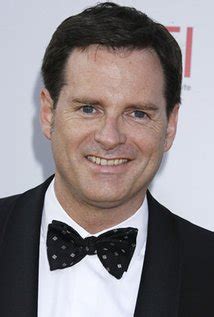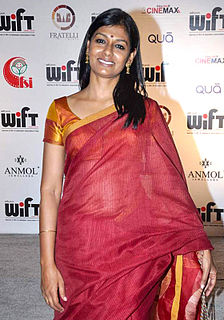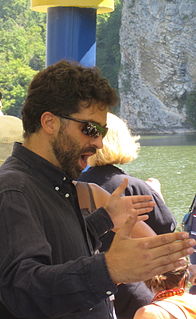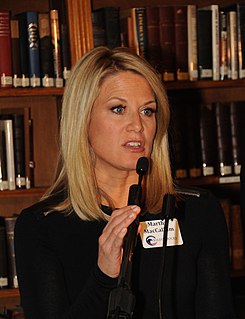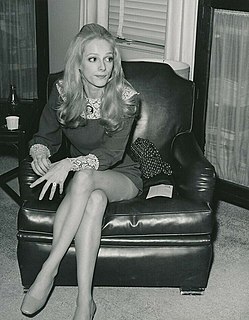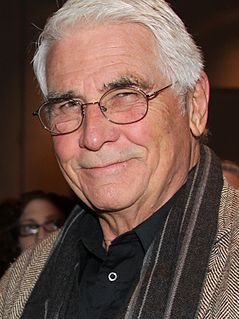A Quote by Adam Rapp
Film directing has perfected my theater directing. I think when I first started directing, a lot of my stuff was very lateral; I was afraid to have the actors' backs turned away, afraid to put them too far upstage, and I think once I did more things with film, I got more interested in composition.
Related Quotes
I think film is a world of directors. Theater is a world of actors. Or, theater is for actors as cinema is for directors. I started in theater. Filming is as complete as directing film. In theater, you are there, you have a character, you have a play, you have a light, you have a set, you have an audience, and you're in control, and every night is different depending on you and the relationship with the other actors. It's as simple as that. So, you are given all the tools.
I started doing documentaries in the first place because of the war. I always wanted to do feature films, and I studied directing when the war started, so I was working with actors before, in film and in theater. So I think it's easy to work with actors when you have a script that is clear, when they know what and why they are doing it.
I did a good bit of episodic television directing, but directing a movie is so much more complicated. And there's so much more responsibility because the medium is very much a director's medium. Television is much more of a producer's writer's medium so a lot of the time when you're directing a television show they have a color palette on set or a visual style and dynamic that's already been predetermined and you just kind of have to follow the rules.


